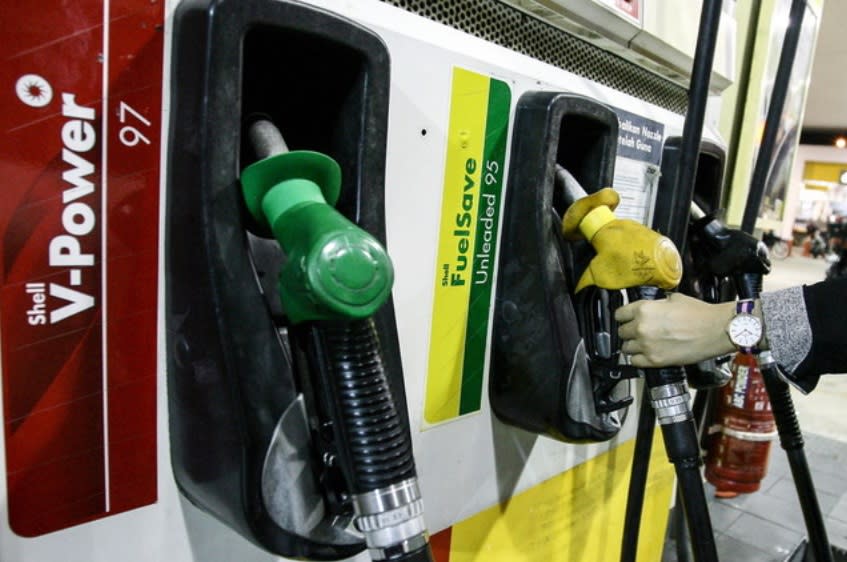Guan Eng: RON95 price cap to stay for now, despite drone attack on Saudi Arabian oil plants

PETALING JAYA, Sept 16 — Finance Minister Lim Guan Eng today said that the current price limit on RON95 petrol would stay for now, despite the drone attacks on two of Saudi Arabia’s state-owned oil facilities which have affected 5 per cent of global oil output.
Speaking to reporters today, Lim said that the government is still assessing the impact of the attacks and that it could affect Malaysia’s petrol production industry.
Lim said the bombing could affect the government’s subsidy payout for petrol price.
“Definitely there will be effects. For sure, for Petronas, from a revenue collection point, their revenue would increase, but for the country and the average user, it will have an effect with regard to the subsidy which we pay out.
“Definitely it will increase. We need to study in depth, whether this is spontaneous because of what happened two days ago, or would this prolong for a longer period of time.
“So let us evaluate systematically and in a detailed manner, because I don’t want to react only based on the development of two to three hours, or only a day. Let us do it based on decisions or assessments based on a more substantial plan, because one or two days is a relatively short time,” he said.
In February, the government announced that the cap price for RON95 petrol has been reduced from RM2.20 to RM2.08, per litre despite global price trends in the petroleum product market having seen a hike.
When asked if the cap price on RON9 would remain, Lim said; “For the time being, yes. For the time being.”
On Saturday, British national media agency BBC reported that Saudi Arabia had halved its oil and gas production following drone attacks on two huge oil facilities operated by Aramco.
Energy Minister Prince Abdulaziz bin Salman reportedly said that the strikes had reduced crude oil production by 5.7 million barrels a day — approximately half the kingdom’s output.
BBC reported a Yemeni Houthi rebel spokesman saying that it had deployed 10 drones in the attacks.
US Secretary of State Mike Pompeo meanwhile blamed the attacks on Iran — which it has a longstanding tension with, reportedly saying that there was no proof that the attacks came from Yemen.
The Saudi Arabia had previously led a West-backed military group supporting Yemen’s government, while Iran backed the Houthi rebels.
The agency reported a statement carried by the Saudi Press Agency (SPA), quoting Prince Abdulaziz saying that the attacks had resulted in a temporary suspension of oil production at the Abqaiq and Khurais plants.
Saudi Arabia produces about 10 per cent of the world’s petrol.
Related Articles Take the lead to reject fascist, racist politics, Guan Eng urges Sabah, Sarawak Finance minister: Govt remains focused on bridging income gap Perak DAP lodges police report over ‘Lim Guan Eng’s MyKad’


